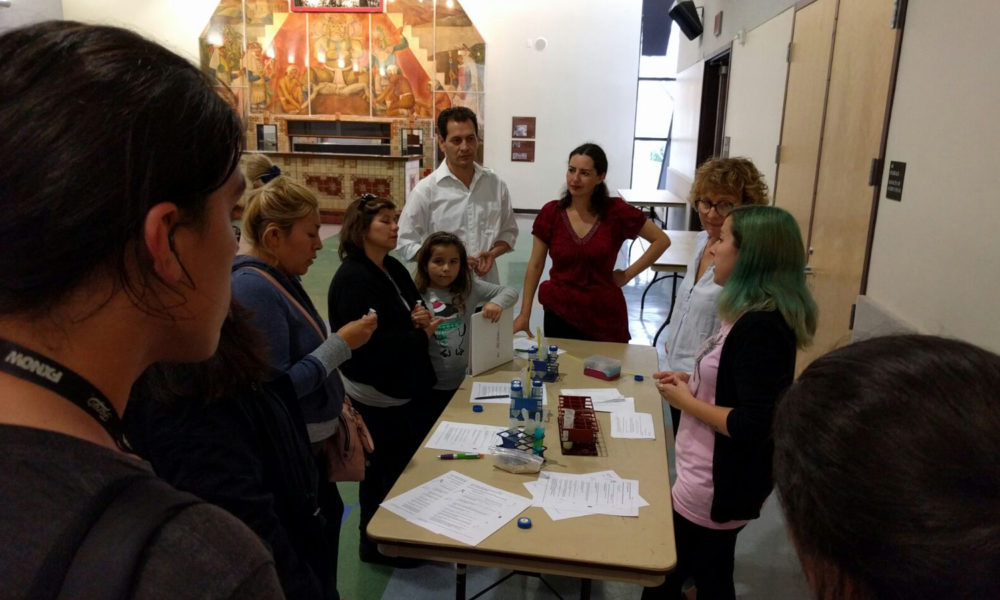I always enjoyed telling stories. When I was little I liked the feeling of having people interested in whatever I was telling. I used to entertain my classmates every morning telling them about whatever dreams I had the night before. And now, I enjoy telling my research to everyone who wants to listen.
I study a special cell type in the brain, called astrocytes, who were for a very long time considered to be there playing not-so-important roles. But as it turns out, after many years and many brilliant scientists before me looking closer, we discovered that they are doing more than we initially thought. They, in fact, help neurons to make connections during development, and to maintain them at later stages in life. And their malfunction may be the answer to some of the most appalling conditions like Alzheimer’s disease, ALS (Amyotrophic Lateral Sclerosis), or stroke.
Every single time I have the chance to tell a non-scientist about my research and its possible applications for human health, there is always a moment, a few seconds, when my interlocutor is absorbing the information, right before they get to their own conclusions, asking me the most interesting questions. It is that small conversation that bridges the gap between science and society, which benefits both sides: the non-scientist citizen who discovers something new and stirs its curiosity, and the scientist who gets to learn about what actually interests society and what their needs are. At the end of the day, we’re all working towards a better life for everyone.
Or at least that’s the idea.
Unfortunately, sometimes, those in power (through government policies, funding restrictions, etc…) will create barriers to science, spread misconceptions, and deprive us from the opportunities that could improve our lives substantially. And this is where science communication and outreach are crucial.
Scientists have the ability, almost the duty, of reaching out to those who can change policies for the better. Surely, speaking directly to officials will have an impact, as long as they are willing to listen. But reaching out to communities, listening to their concerns, to what they know and their own lived expertise, and having a thoughtful discussion where all points of view are taken into account and respectfully objected when due, can do a lot of good. That will translate into science awareness, and votes for reasonable policies that advocate for the advancement of society through the application of science.
Some scientists think it is not worth doing science communication or outreach if this is aimed at a small group of people. Yes, it can be frustrating spending days on a presentation when only 15 people show up. But if those 15 people changed their minds about the subject and commit to taking action, that will have a domino effect that can translate into bigger and more profound change. Do not underestimate the power of reaching small numbers. If every scientist in the US could reach out to 15 people, it would mean over 100 million people convinced that science is important.
Are you a scientist? Try to have a conversation with 15 non-scientists about your own research, or about the overall importance of supporting science and equitable evidence-based policy. Whether it is in search of a cure for lung cancer, finding a solution for climate change, or designing the next mission to space, talk to your neighbor, to the person next to you in the coffee shop, or your fellow passenger on the next flight you take. Go to a high school classroom to talk about your career and research. Find your local science museum, or any other organization which would be happy to work with more scientists for their events.
It feels good, and your little contribution to outreach will have a huge effect in the final result. I guarantee it.

